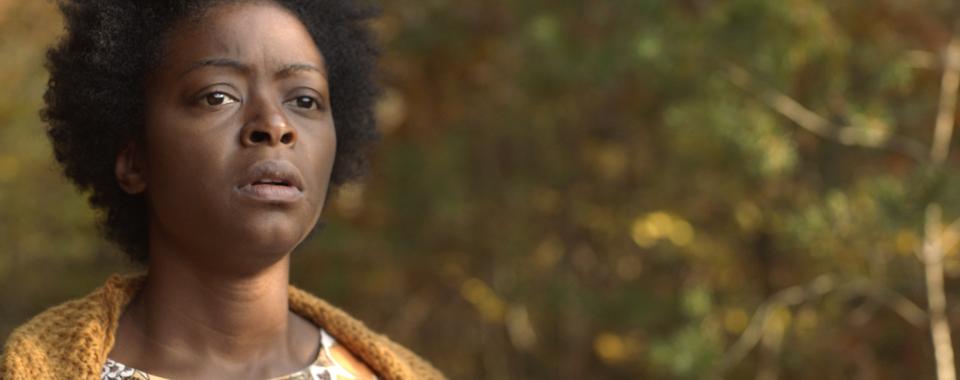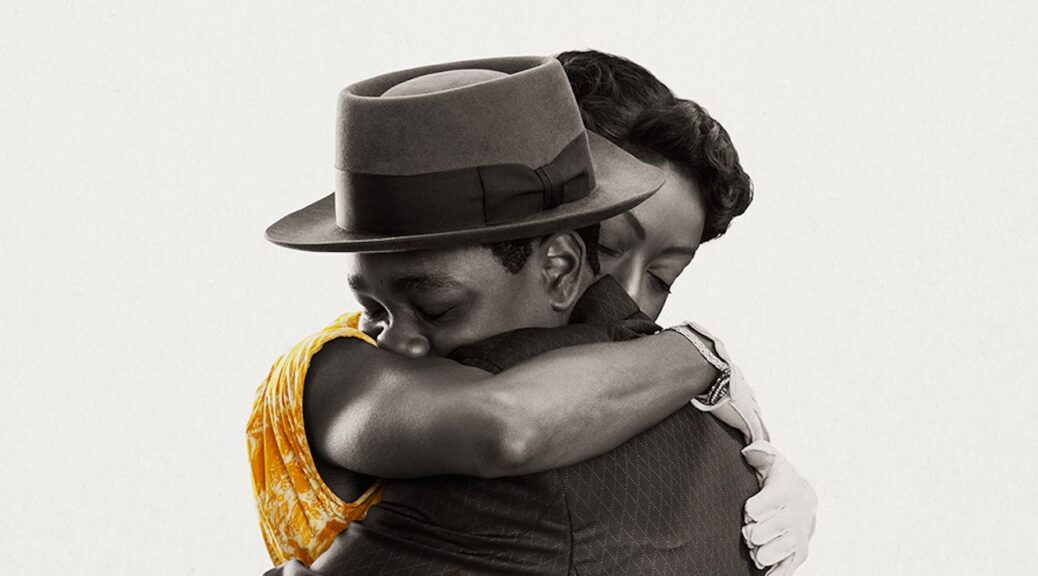I Saw the TV Glow
by George Wolf
Fulfilling the promise of 2021’s We’re All Going to the World’s Fair, writer/director Jane Schoenbrun’s follow-up, I Saw the TV Glow, is a hypnotically abstract and dreamily immersive nightmare of longing.
Owen (Justice Smith) and Maddy (Brigette Lundy-Paine) meet as very introverted teens, drawn together by their love of “The Pink Opaque,” a Saturday night series on the Young Adult Network.
Maddy’s basement offers shelter from her violent stepdad, while Owen has to join her there in secret, away from the sheltering grasp of his mother (always great to see Danielle Deadwyler) and father (Fred Durst!).
Together, the teens escape into the weekly adventures of two young women (Helena Howard, Lindsey Jordan) who connect across the psychic realm to battle monsters sent by the evil Mr. Melancholy.
But then the show is cancelled, the basement TV is left in flames on the front lawn, and Maddy vanishes without a trace.
As the film wanders through the advancing years and Owen sometimes comments through the fourth wall, Schoenbrun layers Eric Yue’s cinematography and a captivating soundtrack to craft a completely transfixing pastiche of color, light, sound and shadow.
Smith (Dungeons & Dragons: Honor Among Thieves) is heartbreakingly endearing, while Lundy-Paine (Bill & Ted Face the Music) provides a revelatory turn of alienation and mystery. It’s hard to take your eyes of either one of them, with Schoenbrun often framing their stares through close-ups that become as challenging as they are inviting.
And that feels organically right. Because Schoenbrun is channelling characters who imagine life as someone else, to again emerge as a challenging and inviting filmmaker with a thrillingly original voice.
Worlds’ Fair got our attention – and A24’s. Now I Saw the TV Glow is here to get in our heads.




